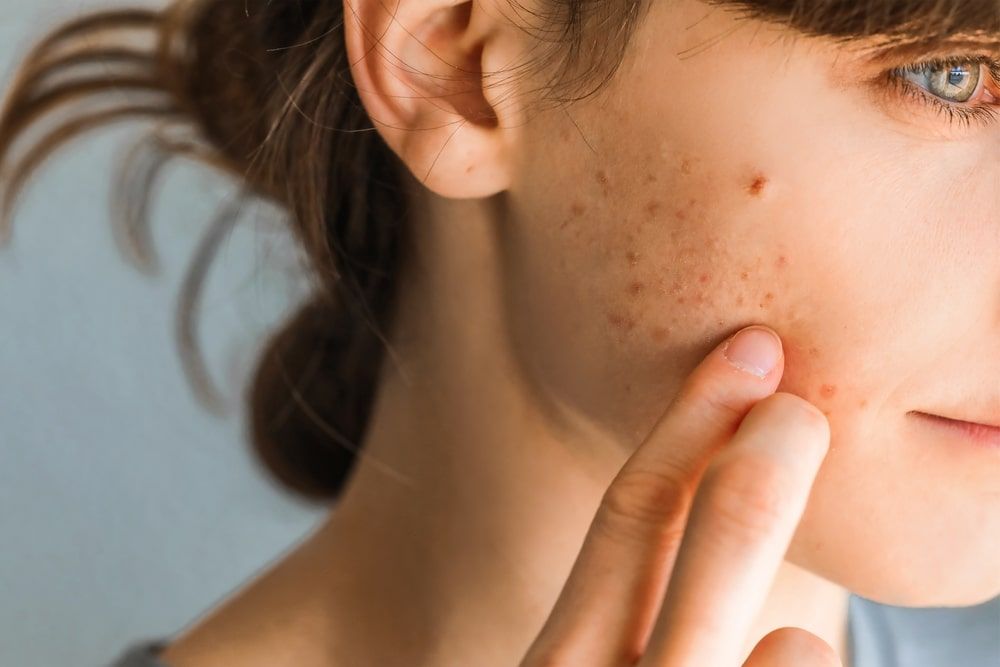
Acne
Acne is one of the most common skin conditions affecting individuals across the globe. Characterized by pimples, blackheads, whiteheads, and sometimes deeper cysts or nodules,
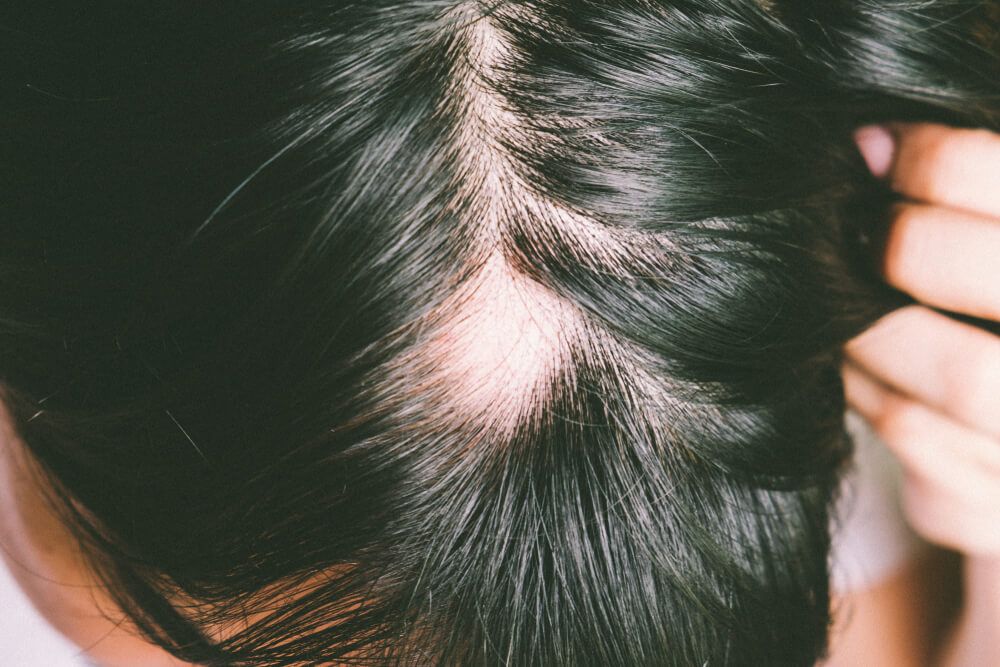
Alopecia Areata
What is alopecia areata? This is a disease that develops when the body attacks its own hair follicles (where hair grows from), which can cause
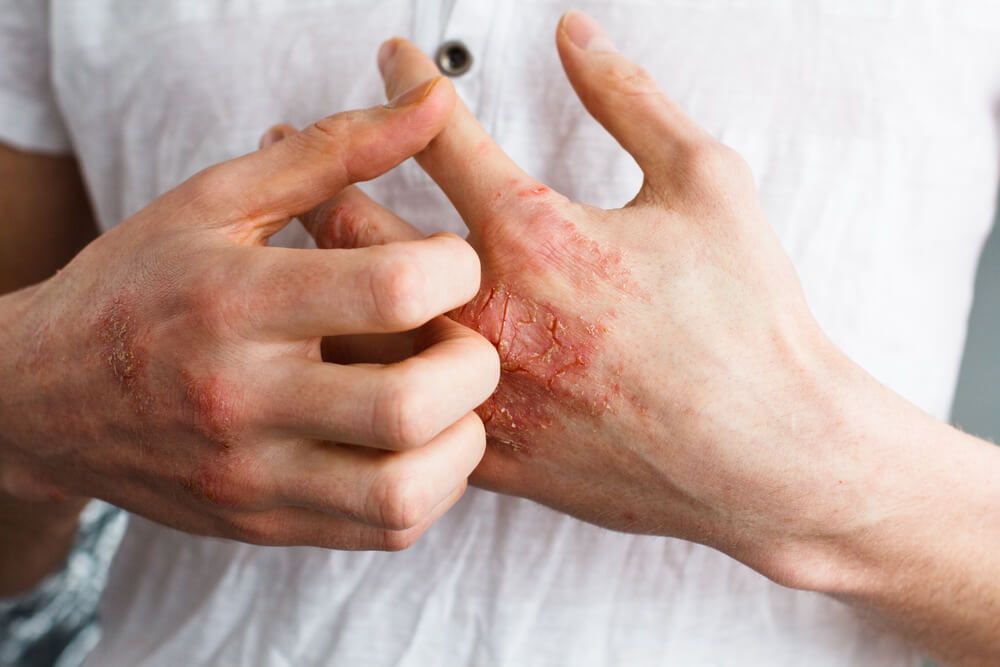
Eczema
Adults can get any type of eczema, including atopic dermatitis (AD), which many people consider a childhood disease. When AD begins after your 18th birthday, dermatologists
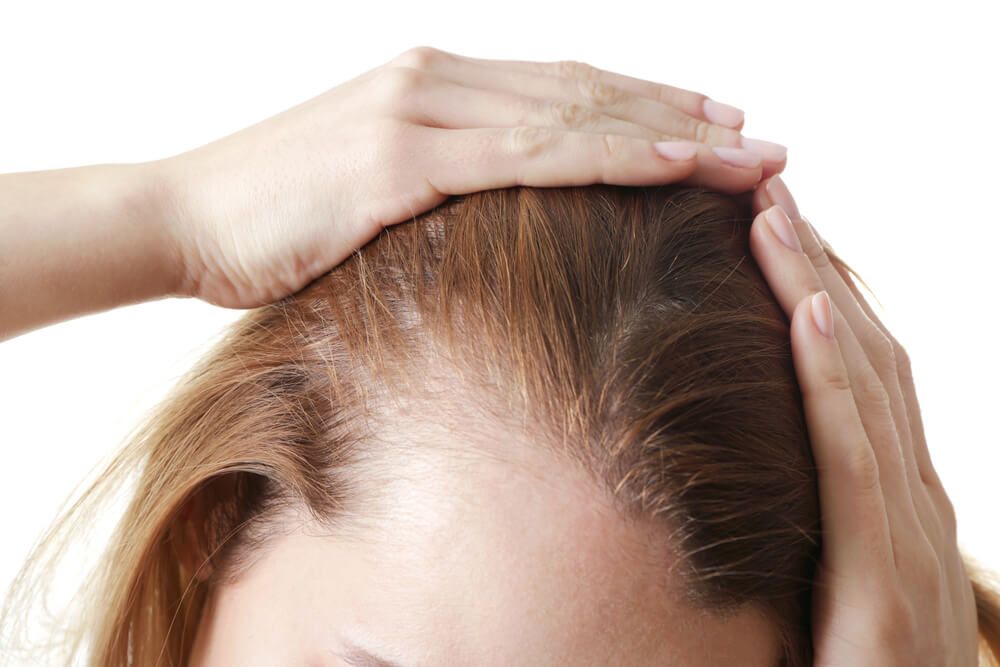
Female Pattern Hair Loss (FPHL)
Is your part widening? Have you noticed that your ponytail is thinner these days? You may have female pattern hair loss (FPHL), a condition that
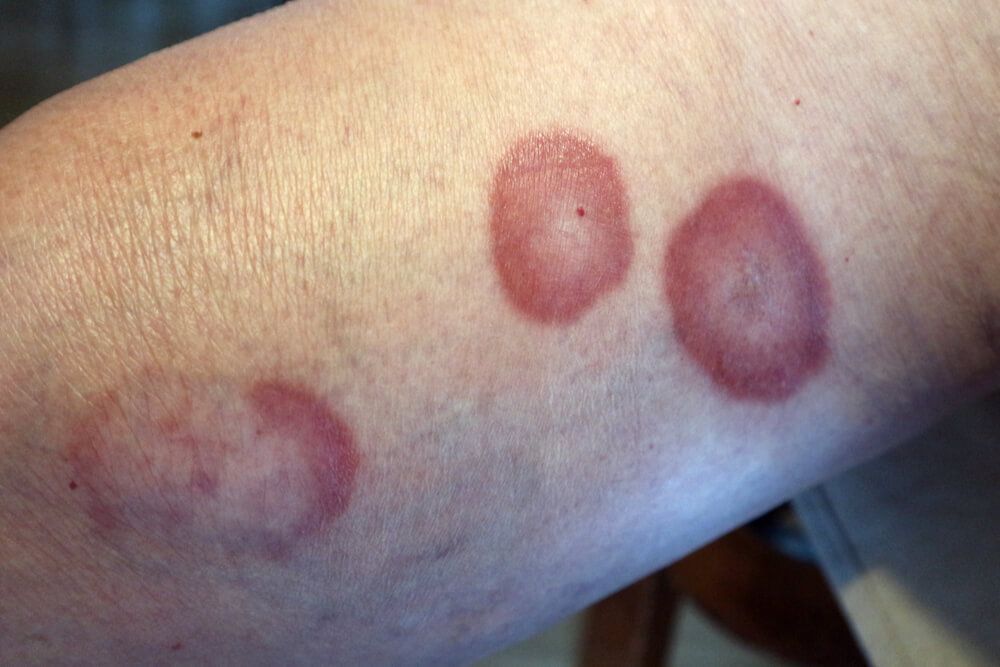
Granuloma Annulare
What exactly is granuloma annulare? Granuloma annulare is a skin condition that usually causes a rash. It isn’t a type of cancer. It isn’t contagious.
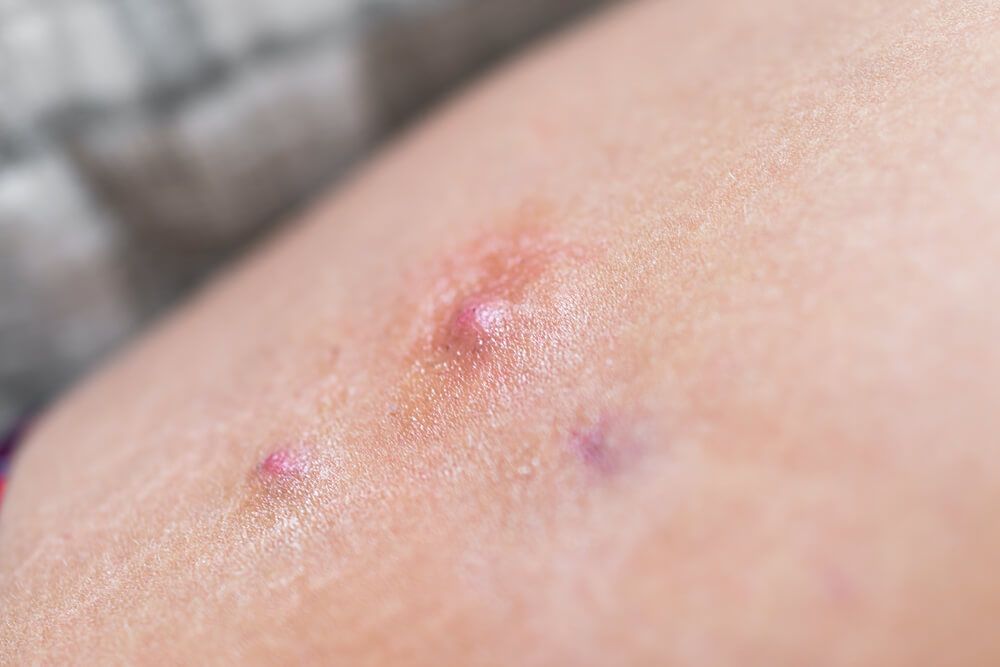
Hidradenitis Suppurativa
What is hidradenitis suppurativa? Hidradenitis suppurativa (HS) is a skin condition that causes painful lumps deep in your skin. These lumps usually develop on parts
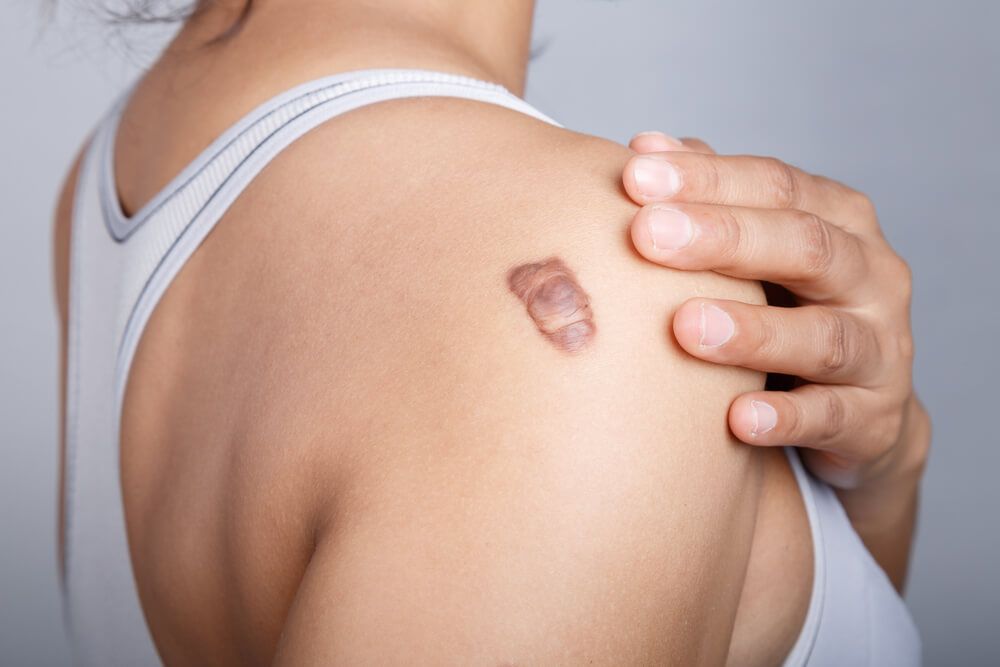
Keloid Scars
What is a Keloid? A keloid is a type of raised scar. Unlike other raised scars, keloids grow much larger than the wound that caused
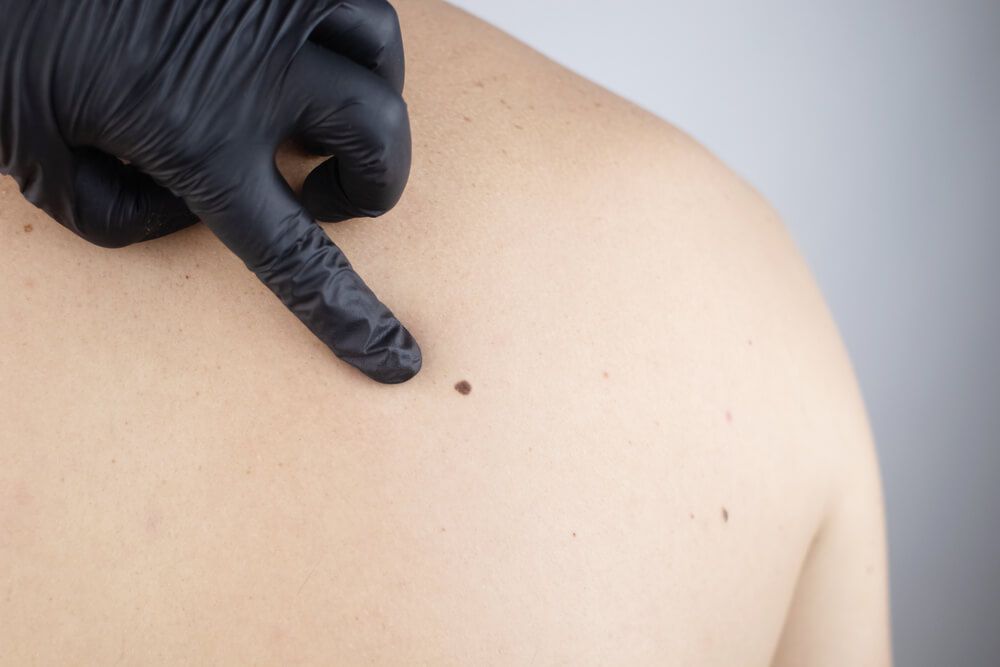
Moles
What are moles? Also called nevi Moles are common. Almost every adult has a few of them. Adults who have light skin often have more
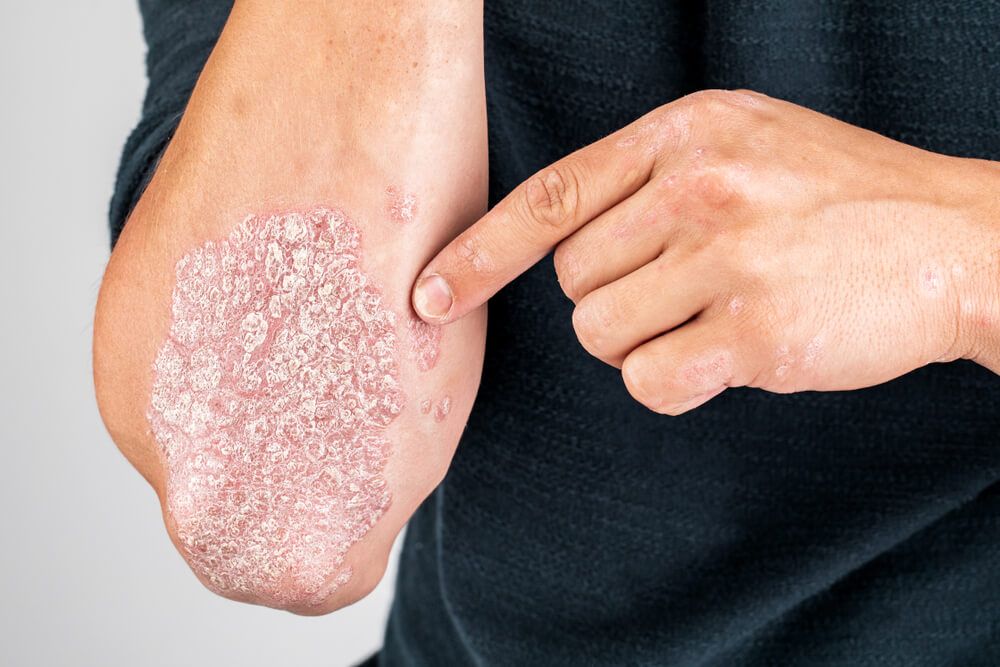
Psoriasis
Psoriasis is a persistent autoimmune condition that accelerates the life cycle of skin cells, causing them to accumulate on the skin’s surface. This accumulation leads

Rashes
The skin, our body’s largest organ, is often the first to signal an underlying issue. Rashes are common skin disorders, but their causes and treatments
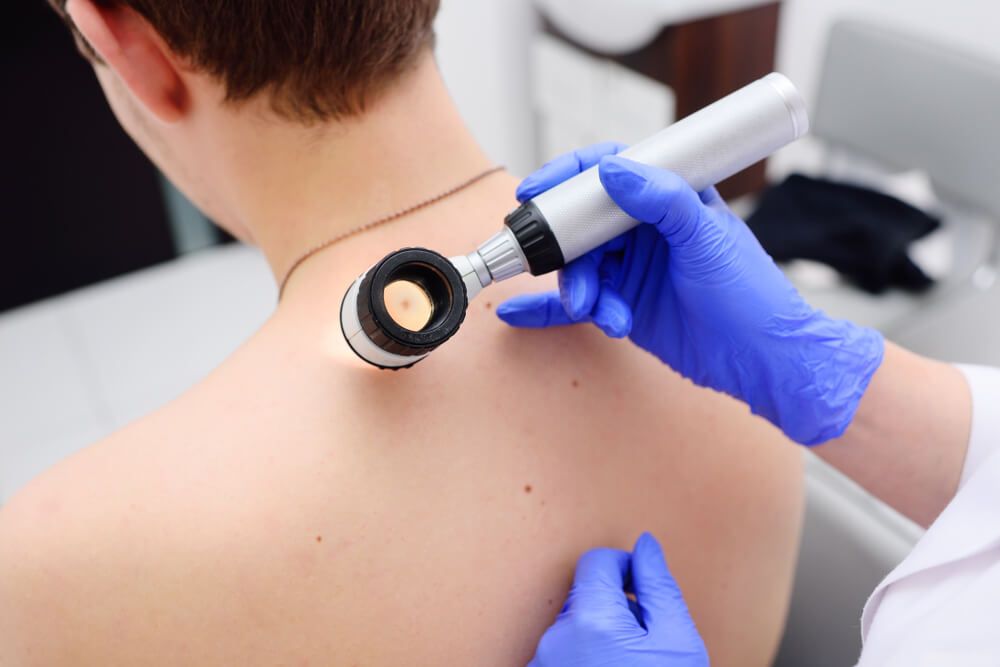
Skin Cancer
Skin cancer is among the most prevalent forms of cancer, with millions diagnosed annually. It emerges when the cells in the skin mutate and grow
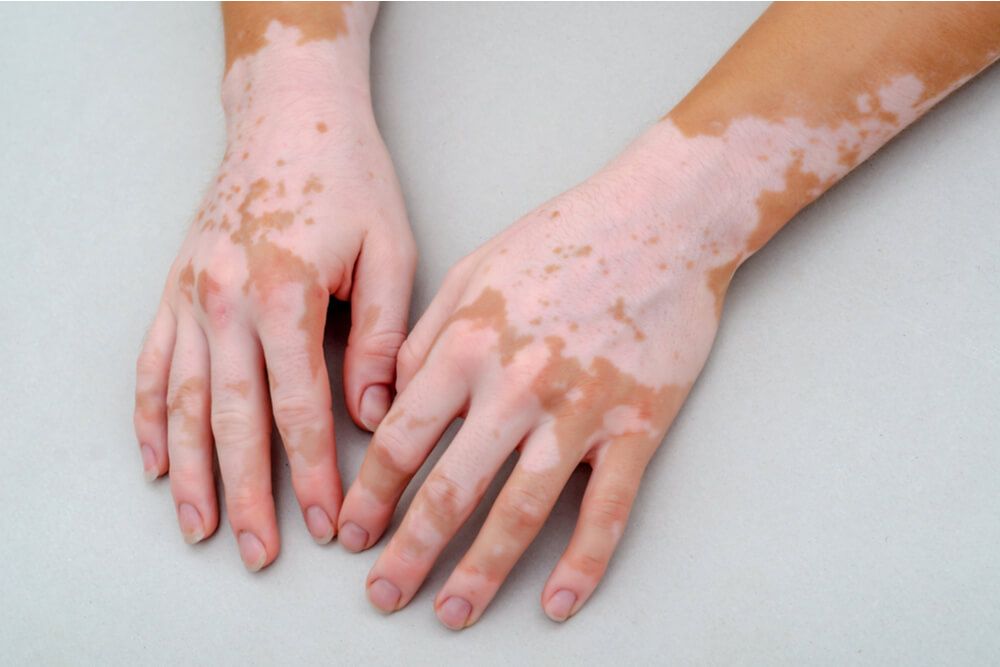
Vitiligo
Our team, led by Dr. Morgan Hott & Dr. Hamrock, works closely alongside each patient to offer personalized diagnosis, treatment, and management of all skin
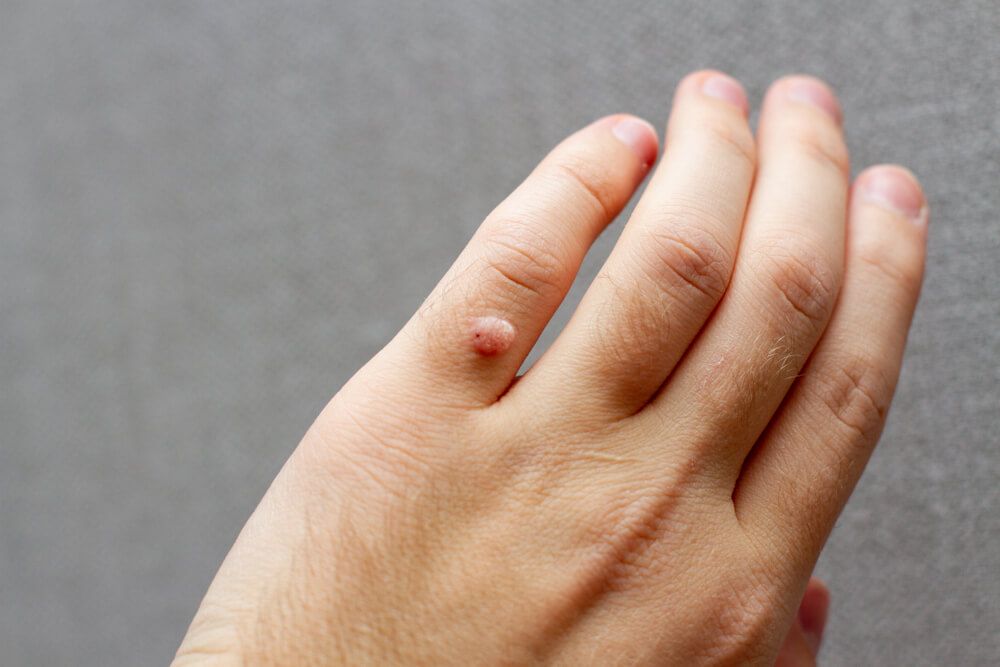
Warts: Diagnosis And Treatment
How do dermatologists diagnose warts? A dermatologist can tell whether you have a wart by looking at it. In rare cases, a dermatologist may need

